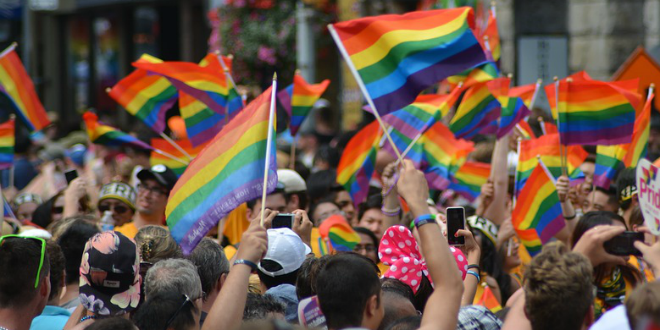The term “queer” is a multi-faceted and complex word that has a rich history and many different meanings. Originally, the word “queer” was used as a derogatory term to refer to LGBTQ+ individuals, and was often used to mock or belittle them. However, over time, the word has been reclaimed by the LGBTQ+ community and has been used as a term of empowerment and self-identification.
Today, the word “queer” is often used as an umbrella term to refer to the entire LGBTQ+ community. It can be used to encompass all individuals who do not identify as heterosexual or cisgender, including gay, lesbian, bisexual, transgender, and non-binary individuals.
In addition to its use as an umbrella term, the word “queer” can also be used to refer to specific identities within the LGBTQ+ community. For example, some individuals may identify as “queer” rather than using more specific labels, such as gay or lesbian. This can be because they feel that the specific labels do not adequately describe their experiences or identities, or because they prefer the more inclusive and open-ended nature of the term “queer.”
In some cases, the word “queer” can also be used to refer to non-normative or non-conforming individuals or communities. For example, some individuals may use the term “queer” to refer to themselves or others who reject traditional gender roles or societal norms.
Overall, the word “queer” is a multi-faceted and complex term that has a rich history and many different meanings. It is often used as an umbrella term to refer to the entire LGBTQ+ community, but can also be used to refer to specific identities within the community or to non-normative individuals or communities.
 Lesbian, Gay, Bisexual, Transgender & Intersex News Lesbian News, Gay News, Bisexual News, Transgender News, Intersex News, LGBTI News
Lesbian, Gay, Bisexual, Transgender & Intersex News Lesbian News, Gay News, Bisexual News, Transgender News, Intersex News, LGBTI News




